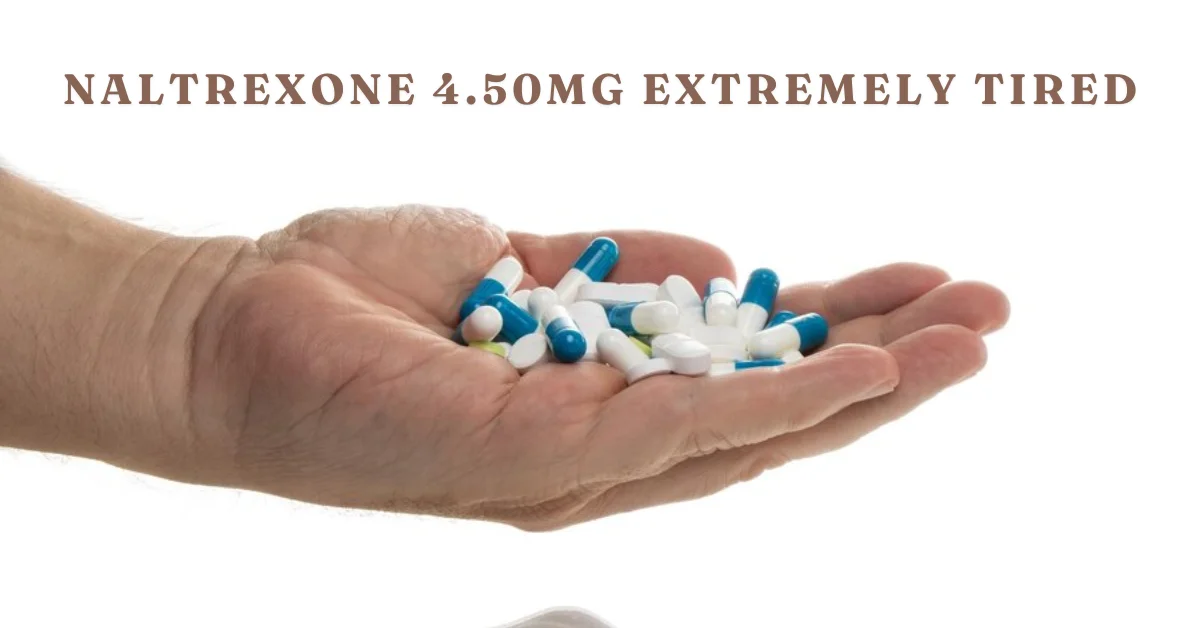Overcoming addiction is a profound journey that entails more than just quitting a substance—it’s about remaking oneself, rediscovering identity, and creating a life of purpose and fulfillment. One’s sense of self can become entangled with the substance or behavior they are addicted to, making it a complex process to unravel the past and move forward. But with the right approach, resources, and support, the path to recovery can lead to a renewed sense of self and possibilities for the future. In this article, discover strategies and insights to guide you in remaking yourself after addiction and embracing a life of sustained recovery.
Strategies for Developing a Strong Support Network in Recovery
Isolation is a major hurdle in recovery, highlighting the importance of building a strong support network. Family and friends can provide a stable environment, but it’s crucial to also engage with support groups and community resources. These groups offer a shared understanding and insights that can be incredibly beneficial.
Connecting with others in recovery through addiction group therapy can provide empathy and valuable wisdom from those with similar experiences. Professional help is also essential in the recovery journey. Recovery coaches, therapists, and counselors offer tailored guidance and coping strategies. Their expertise in addiction recovery can help them navigate challenges and develop effective strategies for maintaining progress. For those seeking a supportive and comprehensive healing environment, prestigious rehabilitation centers like luxury rehab in Los Angeles offer high-end treatment facilities that combine expert care in serene surroundings, promoting holistic wellness and sustainable recovery.
Understanding the Nature of Addiction and Its Impact on Personal Identity
Addiction is a complex and consuming force that can redefine an individual’s identity. As dependence grows, the substance or behavior associated with addiction becomes a cornerstone of daily life, shaping actions, thoughts, and worldviews. Recognizing addiction as a chronic disease rather than a moral failing is crucial for rebuilding one’s sense of self. It affects both brain and behavior, necessitating long-term care and management.
Resistance from addictive substances or behaviors triggers a profound identity shift, requiring self-discovery and acceptance. This allows for a redefined personal values and aspirations. The transformative journey also involves coming to terms with the past, reflecting on the damage addiction has caused to the individual and their relationships. This understanding is essential for crafting a new, substance-free identity aligned with one’s true self.
Embracing New Habits and Routines for a Healthier Lifestyle
Adopting new habits and routines is crucial for remaking oneself after addiction. By replacing old patterns with healthful activities, individuals can create a new identity and align their way of living with recovery values and goals. Physical health routines like exercise, a nutritious diet, and adequate sleep are essential for a resilient body and mind.
Mental and emotional well-being is also crucial, with activities like mindfulness, meditation, and journaling aiding in emotion processing and stress reduction. Social hobbies and volunteer work provide a sense of purpose and community, while creative outlets like art, music, or writing offer self-expression and catharsis, reinforcing a healthy, sober identity.
The Role of Therapy and Counseling in Building a New Self
Therapy and counseling are crucial in addiction treatment, focusing on the psychological side of recovery. Through personalized sessions, individuals can explore their addiction’s root causes, address harmful thought patterns, and build resilience. One-on-one counseling fosters a trusting relationship where clients can safely examine their triggers and work towards sobriety.
Therapeutic approaches like cognitive-behavioral therapy (CBT) and dialectical behavior therapy (DBT) offer strategies for managing emotions and stress, and improving decision-making aligned with recovery goals. Professional support also helps set realistic objectives, enhancing self-efficacy. For those interested in integrating these skills into broader contexts, a healthcare management online degree can provide additional insights into managing recovery and personal development.
Navigating Relapse and Resilience: Staying the Course in Your Journey
Relapse is a natural part of recovery, not a sign of failure. It can serve as a learning opportunity and strengthen one’s commitment to sobriety. Developing a relapse prevention plan is a proactive approach to bolster resilience. It involves identifying triggers, coping mechanisms, and determining action in case of a slip. Building resilience requires the involvement of a support network, providing practical and emotional support when vulnerabilities arise.
Consistent communication with trusted individuals ensures a ready source of assistance. Maintaining perspective and practicing forgiveness also nurtures resilience. Focusing on progress rather than perfection encourages continued growth and sustains the momentum on the path to long-term recovery.
Altogether, remaking oneself after addiction is a multifaceted journey that demands persistence, self-compassion, and support. A holistic approach that includes nurturing new habits, cultivating a supportive network, and engaging in ongoing therapy fortifies one’s path to a new identity forged in sobriety. By embracing these methods, individuals can transform the challenge of recovery into an opportunity for profound personal growth and resilience.
Keep an eye for more latest news & updates on Bangkok Tribune!



